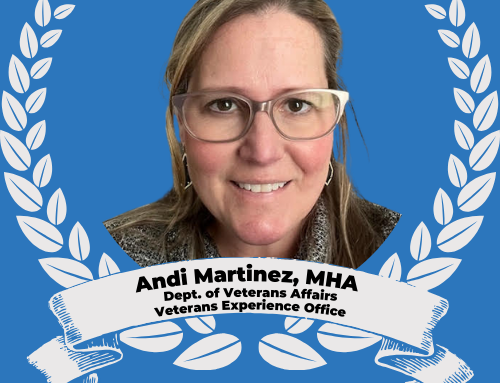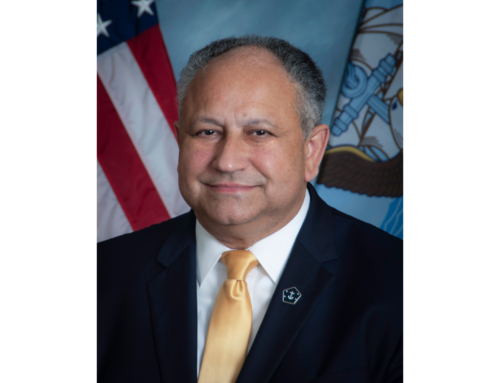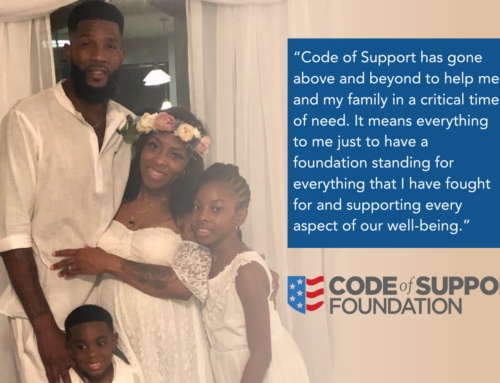The military has always been the backdrop of my life, but until this point, I had never engaged in it or connected it to my every day life. One of my grandfathers enlisted in the Army where he quickly rose through the ranks, became a Green Beret in Vietnam and retired in Hawaii as a Lieutenant Colonel. My grandpa on the other side was an Air Force Academy grad who flew KC 135 refuelers during Vietnam and also retired as a Lieutenant Colonel. Growing up as a civilian in Hawaii, but surrounded by many military friends and family members, gave me an incredibly interesting perspective on civilian/military relations in communities and the assumptions made by both about the other. But I didn’t participate in the military community and didn’t see how it affected my life in any way other than my birthplace.
After I left the island for New York, I got the opportunity to participate in an exchange program between my small, liberal arts college, Vassar, and the United States Military Academy – West Point. Here, I bonded with the younger generation of service members who were also on their way to committing their lives to our country, while still remaining a civilian myself and getting to interact with them on a very personal level. These opportunities exposed me to many different sides of the military and allowed me a very different perspective than my peers on what a military lifestyle really looks like and how we interact with the 1% of military service men and women. I was suddenly very aware that the vast needs of the military population could actually be met with the help of civilians like myself, and that I could be serving in my own way. With this background and insight, I felt called to a program like Code of Support that works diligently to bridge the military/civilian divide and support future, current, and retired military personnel. While here, I hope to spread the word about Code of Support and their mission, while continuing to bring the military and civilian populations together in as many settings as possible. Because serving your country doesn’t always require a uniform.
Related Posts
Categories
Tags
Recent Posts
- Andi Martinez, MHA to receive the 2024 Toast To Our Troops MG Alan B. Salisbury Salute to Service Award for Individual Impact
- The Honorable Carlos Del Toro to deliver remarks at TTOT24
- What We Do Wednesday: From struggling, to pursuing a fulfilling passion.
- Brianna Keilar to serve as tenth annual Toast To Our Troops emcee
- Mission Monday: Bri







